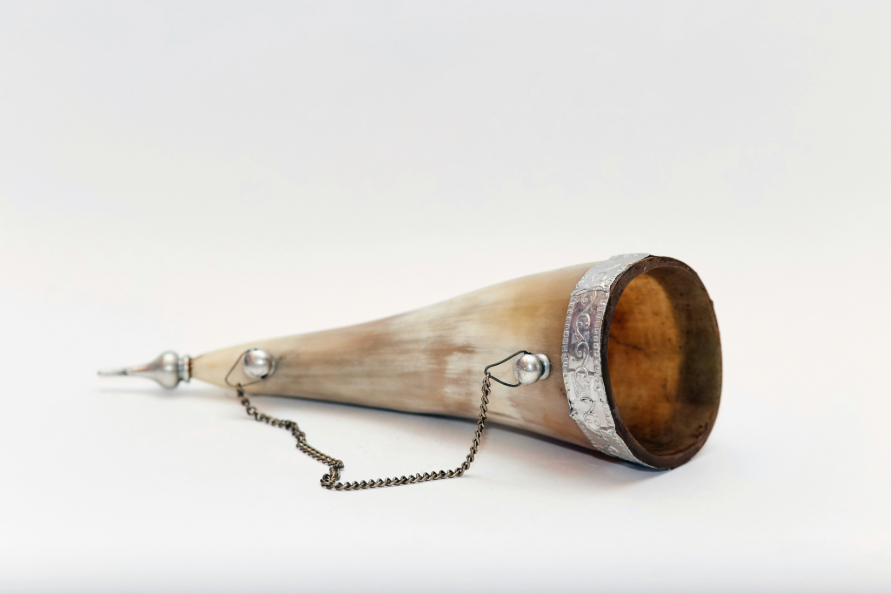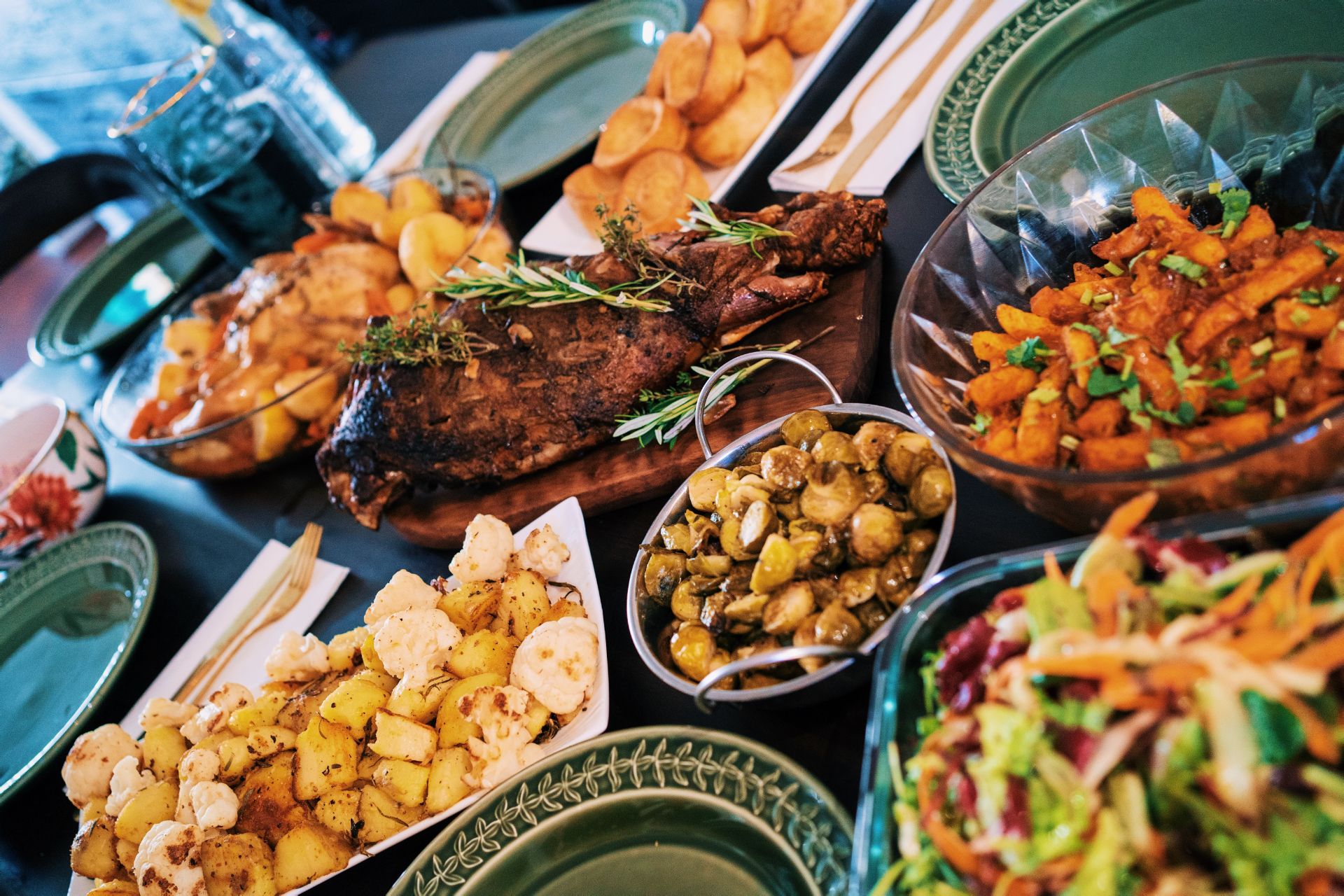We drafted this post prior to the deaths of Ahmaud Arbery, Breonna Taylor, and George Floyd—and the subsequent protests around the country calling for an end to racial injustice. If you want to learn more about how Pastor J.D. and the Summit are responding to issues of race and injustice, (1) consult our Commission for Oneness and Reconciliation, and (2) watch our most recent worship gathering, which centered on race, justice, reconciliation, and the gospel.
We hope the following post, while not borne out of current events, nevertheless enriches and encourages you.
—Chris Pappalardo, Editor
Sometimes people think of God the Father as the God of judgment, ready to pour out his wrath, and Jesus as the nicer, understanding Son who jumped in the Father’s way and said, “No! Let’s extend grace.”
In fact, it was the mercy of the Father that drew up salvation’s plan.
“Blessed be the God and Father of our Lord Jesus Christ. Because of his great mercy he has given us new birth into a living hope through the resurrection of Jesus Christ from the dead” (1 Peter 1:3 CSB).
Jesus was God’s expression of mercy. Jesus was God purchasing salvation for us through his death on the cross. He lived the life we should have lived and died the death we were condemned to die. He was God dying on a cross. As we often say at the Summit, Jesus didn’t just die for us; he died instead of us.
That salvation offers us a “living hope.” This is a hope that is stronger than death and extends beyond death, and it’s found in the resurrection. In the resurrection, everything permanent that could destroy or defeat us was crushed.
Where is your hope for the future? Is it in the assumption that this pandemic won’t last forever and soon everything will get back to normal? How about your personal financial savings? Or maybe in political change?
Viktor Frankl was a Jewish-Austrian doctor who was imprisoned at Auschwitz in World War II and survived. He wrote a book called Man’s Search for Meaning, in which he told stories from his time there, and he described how various prisoners dealt with the despair. Many, he said, responded to their hopeless situation by becoming brutal and cruel themselves—a kind of survival of the fittest. Others, Frankl said, just gave up. He wrote,
“Usually this happened quite suddenly, the symptoms of which were familiar to us who had been at Auschwitz for a while. We all feared for this moment in our friends. Usually, it began one morning when the prisoner simply refused to get dressed or wash or go out to the parade grounds for inspection. No entreaties, no blows, no threats had any effect. They just lay there. They had given up. Nothing bothered them anymore because they had no hope.”
Many, he said, held onto the hope that if they stayed alive, their health, family, professional achievements, fortune, and position in society would be restored to them. But after liberation, they found those things irretrievably gone or changed, and many went into deep depression. Many of the survivors even died by suicide. Their hopes had been shattered.
Frankl said that the ones who truly overcame Auschwitz were those who had a fixed reference point outside the world, something they held onto that was beyond the grasp of death and destruction.
Like the prisoners at Auschwitz, for many of us, our hope is some fixed reference point in this world, a flimsy “hope” that our circumstances will change. One day, we think, things will get better. The pandemic will end. I’ll get my job back. I’ll find a spouse. My bank account will grow. I’ll be healed from this chronic pain.
But what if those things don’t happen? You don’t get the job. You don’t get married. The pain doesn’t go away.
Do you have a living hope that death can’t touch? A refuge that the challenges of life can’t overcome? A shelter that the storms of life can’t shake?
If you need anything in your life to change in order to have peace or be happy, you haven’t found the living hope Peter is talking about. Living hope is a joy that declares trust in the God of resurrection, no matter what situation you are in.
If you need anything in your life to change in order to have peace or be happy, you haven’t found the living hope of the gospel—a joy that declares trust in the God of resurrection, no matter what situation you are in.


